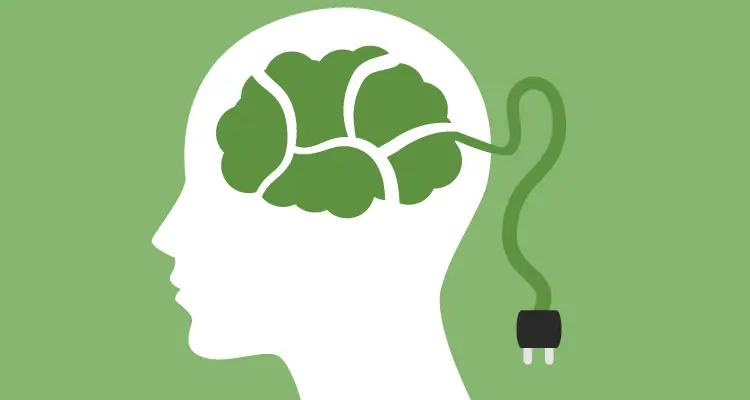There’s nothing like sitting down with a good book. While the hobby is quite enjoyable, scientists and doctors have observed many positive effects from reading. Books inspire creativity, critical thinking, increase empathy, and provide many other incentives to enjoy the power of a few words. Read on for five benefits (unexpectedly) everyone can enjoy from books!
1. READING ALLOWS US TO EXPERIENCE MORE SENSATIONS
In a study conducted at Emory University, reading increased activity in the central groove of the brain, which controls our motor skills. If we read a passage where a character is walking along the path, the activity of neurons in this area makes us feel as if we are experiencing ourselves walking. Then, there is the ground feeling; A hypothesis that proves that reading really does put you in someone else’s place is through the biology of the brain.
2. IT MAKES US MORE EMPATHETIC
Literary fiction readers have a greater ability to empathize with the feelings and thoughts of others than do primarily nonfiction readers. In other words, fiction readers may be more empathetic, and may have an easier time seeing the situation from different perspectives, simply by reading about their favorite characters.
3. BOOKS PROVIDE PLENTY OF MENTAL STIMULATION
Mentally stimulating your brain on a regular basis can help slow Alzheimer’s and dementia. It is like physical exercise; The more you walk, the better shape you are in. For your brain to stay healthy and alert, it needs exercise. Reading (with puzzles and some games) keeps your activity level high and your brain power good and strong.
4. WE BECOME LESS STRESSED WHEN WE READ REGULARLY
When you get into the habit of reading, it becomes easier for your brain to relax and temporarily transport itself to another world. A good book can evaporate daily stress, put you in your character’s place, and keep you focused on the words you’re reading. If you’re looking for an easy way to relax and unwind, try getting into the habit of reading more often.
5. READING CAN IMPROVE OUR MEMORY
When you read, you engage more than certain brain functions, such as phonetic awareness, visual and auditory processes, comprehension, fluency, and more. Reading shocks your brain into action, maintains concentration, and allows your brain to process the events in front of you. The more you read and engage that part of your brain, the easier it is to keep your memory strong.




